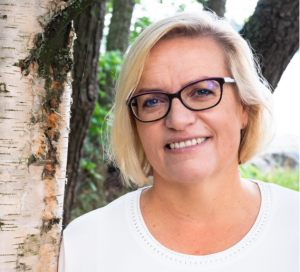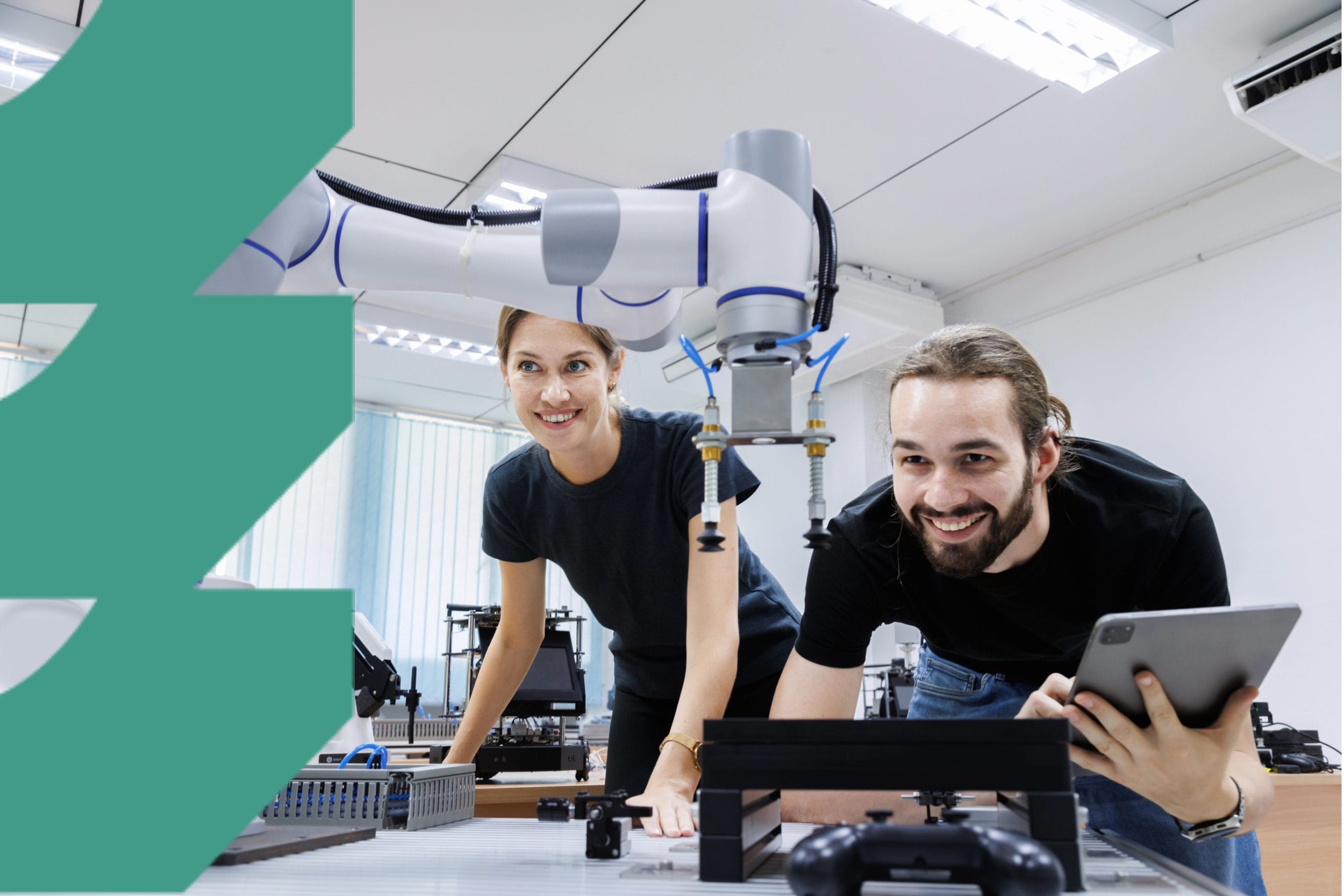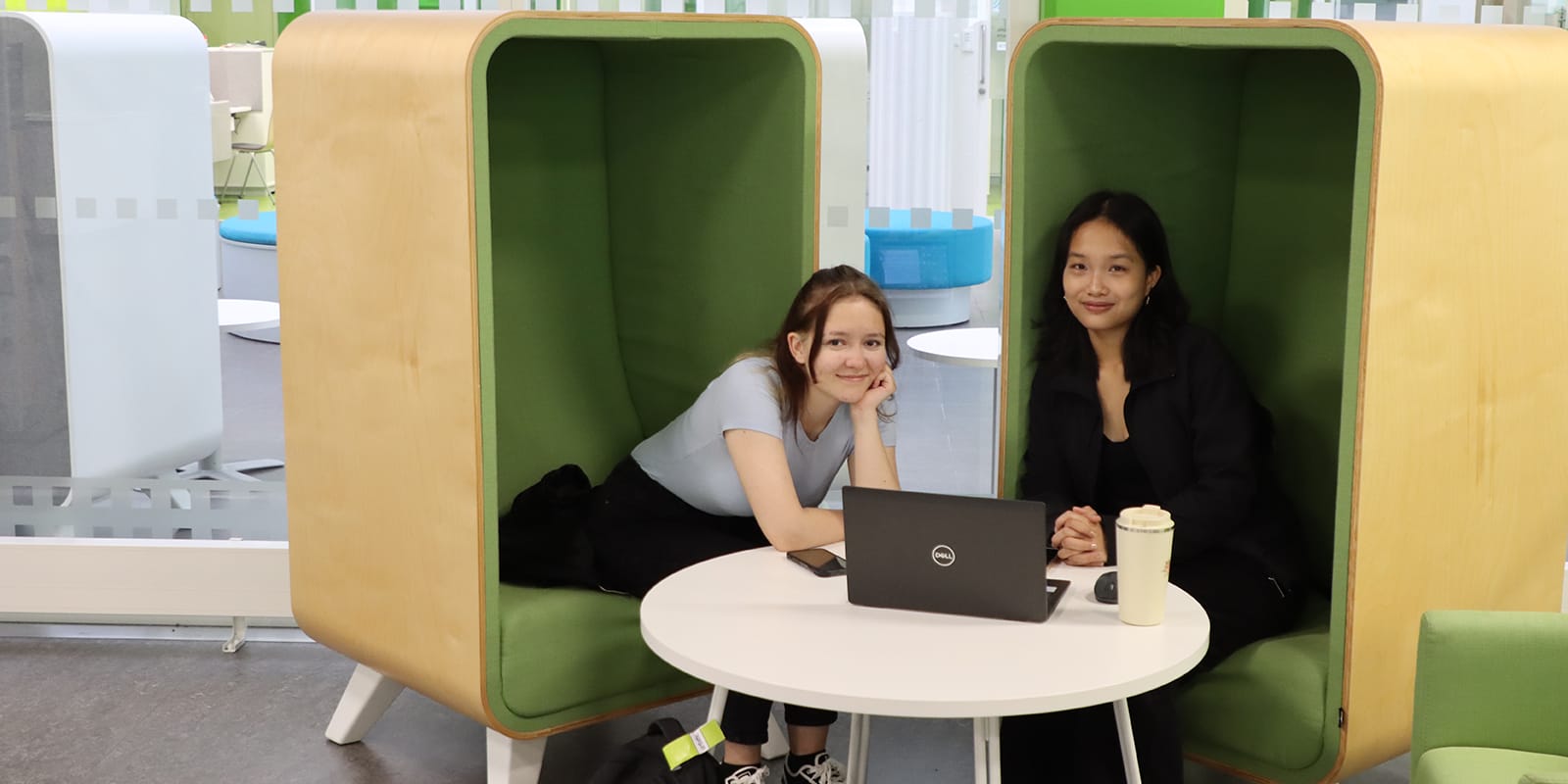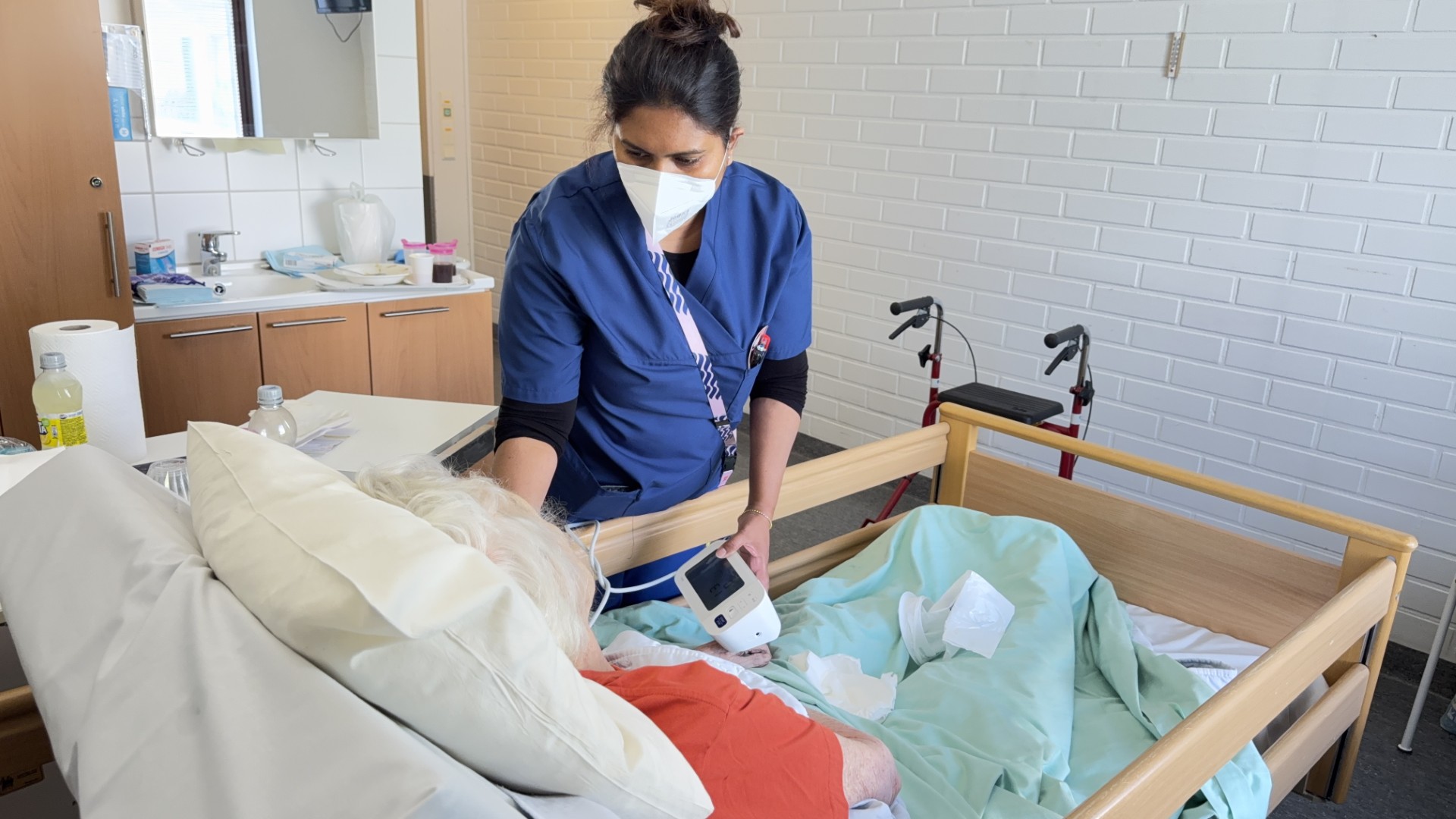COLUMN: Internationality belongs to everyday life – there’s no need for contemplation
On a Wednesday in March at SAMK Rauma Campus, 2nd floor of Satamakatu: 60 students in a classroom solving a game connected to production, distribution and purchasing. Half of the students are from our French partner university Vesoul and the other half are SAMK students; there are both Logistics students from the field of Engineering and International Business students from the field of Business Administration.

On a Wednesday in March at SAMK Rauma Campus, 2nd floor of Satamakatu: 60 students in a classroom solving a game connected to production, distribution and purchasing. Half of the students are from our French partner university Vesoul and the other half are SAMK students; there are both Logistics students from the field of Engineering and International Business students from the field of Business Administration.
In some group all the students may have different nationalities: there are 13 different nationalities in the classroom. During four days the students strengthen their foreign language communication skills, practice problem solving in groups and are faced with stress but also joy, delight and success – and all this will bring them two credits from Logistics Strategy or International Transport course.
The fact that activities are truly international really warms my heart.
The fact that activities are truly international really warms my heart. Nowadays, internationality is also one of our sources of financing. Internationality is a part of our everyday life, a common part of tuition – and produces credits in professional subjects.
This example is one way of including international operations in a course, which can be measured and documented statistically. Since 2008, every International Business student in Rauma has carried out a company project in Supply Chain Management module, where a logistics-related commission is solved with American and German students. The emphasis has been on solving problems of Finnish enterprises but also German companies have been included. After the initial launch of the project – which is organized alternately in Rauma and Germany – the students work in virtual teams.
There are several challenges: language barriers, time differences and of course different cultures with their own nuances. Nevertheless, the course has in recent years also been implemented in the Marketing Communication course in the degree programme of International Trade and in the Distribution Planning course in the degree programme of Logistics.
Why am I motivated to organize the course I teach every year like this? Because every time I get a happy student feedback, a successful business solution or a new colleague from a partner university – it brings me great joy in teaching.

Daniela Tanhua
The author is Senior Lecturer in International Business and works at the Faculty of Logistics and Maritime Technology in Rauma.


